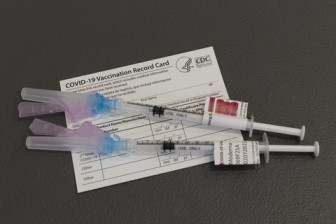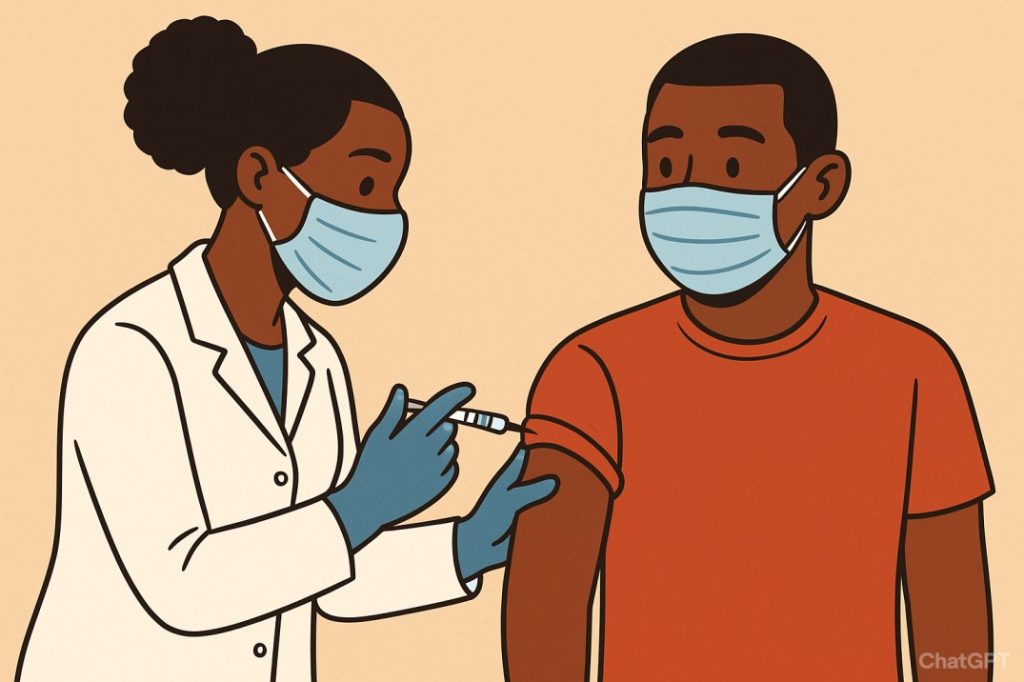
Latino colorectal cancer research is critical for reducing health disparities in the United States. Colorectal cancer (CRC) is the second leading cause of cancer death nationwide, and Hispanic/Latino (H/L) communities face unique challenges that require targeted research and action.
While overall CRC rates are lower in Latinos compared to Whites and African Americans, Latinos with advanced CRC have shorter survival rates, even after adjusting for healthcare access and treatment. Latino colorectal cancer research also shows that Hispanic/Latino patients are often diagnosed at younger ages and with more advanced stages of CRC. In California, Mexican H/L individuals have the highest proportion of young (<50 years) diagnoses and a higher prevalence of rectal cancer than other groups.
Although socioeconomic factors and healthcare access contribute, understanding the biology and molecular patterns of CRC in Latinos is essential. The Cancer Genome Atlas has provided extensive CRC data, but fewer than 1% of cases were Hispanic/Latino, highlighting the urgent need for focused Latino colorectal cancer research.
Colorectal Cancer (CRC) is the second leading cause of cancer death in the US. Hispanic/Latinos (H/L) are the largest and fasting growing ethnic group in the US, and cancer is the leading cause of death among H/L in the US. Therefore, we need to fully understand the full complexity of the molecular etiology of cancer in this ethnic group. For instance, although incidence rates of CRC are lower among Latinos as compared to Whites or African Americans, Hispanics with metastatic disease have shorter overall survival when adjusted for health care setting, demographics, disease characteristics and treatment factors. H/L also tend to be diagnosed at a younger age and with higher stage, and we have previously reported that Mexican H/L in California have the greatest proportion of young (<50 years of age) diagnoses compared to other H/L subgroups. Moreover, Mexican H/L showed higher prevalence of rectal cancer cases compared to other H/L and Non-Hispanic White (NHW). Although socio-economics and access to care might influence these differences, we need to take a complete look at the biology of disease in this ethnic group to determine once and for all if these clinical differences are related to differences in molecular etiology.
The Cancer Genome Atlas has provided a deep overview of the molecular taxonomy of CRC in 594 cases, however, less than 1% of the cases (n=5) were H/L. Therefore, it is imperative for us to take more detailed assessment of the molecular genomic landscape of CRC in H/L. One of the major issues likely limiting our ability to perform these large genomic initiatives in minority patients is that Patient or Participant Engagement practices may not be investigated to identify best practices for accruing and consenting patients into clinical translational biomedical research studies. This concept of Participant Engagement is critically important for both the patients and the translational cancer research community. Optimizing and improving our approaches for directly engaging patients at initial contact, throughout the course of a translational genomic study, and during the time of return of results is likely to lead to stronger relationships between the medical community and patients, but could also lead to significant improvement in outcomes for patients and for the cancer care community as a whole.
As such, we propose the creation of the USC Center for Optimization of Participant Engagement in Cancer Characterization (COPECC) with a focus on optimizing the engagement of Latinos in CRC Genomic Characterization research studies. USC COPECC would serve as a member of the NCI U2C Participant Engagement and Cancer Genome Sequencing (PE-CGS) Network. Our investigative team includes experts in all relevant areas of research for genomic characterization, participant engagement, and engagement optimization. We have an established platform for consenting patients into cancer genomics studies that will serve as a standard process. The overall goal of USC COPECC is to generate results on participant engagement optimization and CRC genomic research that will be shared with the broader community to distribute best practices for engaging Latinos in hopes of improving overall outcomes for CRC in this underserved population.
Also Read: Reimagining Healthcare with the Laws of Nature: Introducing the Physical Laws Framework (PLF)
Trending Topics
Features
- Drive Toolkit
Download and distribute powerful vaccination QI resources for your community.
- Health Champions
Sign up now to support health equity and sustainable health outcomes in your community.
- Cancer Early Detection
MCED tests use a simple blood draw to screen for many kinds of cancer at once.
- PR
FYHN is a bridge connecting health information providers to BIPOC communities in a trusted environment.
- Medicare
Discover an honest look at our Medicare system.
- Alliance for Representative Clinical Trials
ARC was launched to create a network of community clinicians to diversify and bring clinical trials to communities of color and other communities that have been underrepresented.
- Reducing Patient Risk
The single most important purpose of our healthcare system is to reduce patient risk for an acute event.
- Jessica Wilson
onlinelibrary.wiley
- Victor Mejia


















